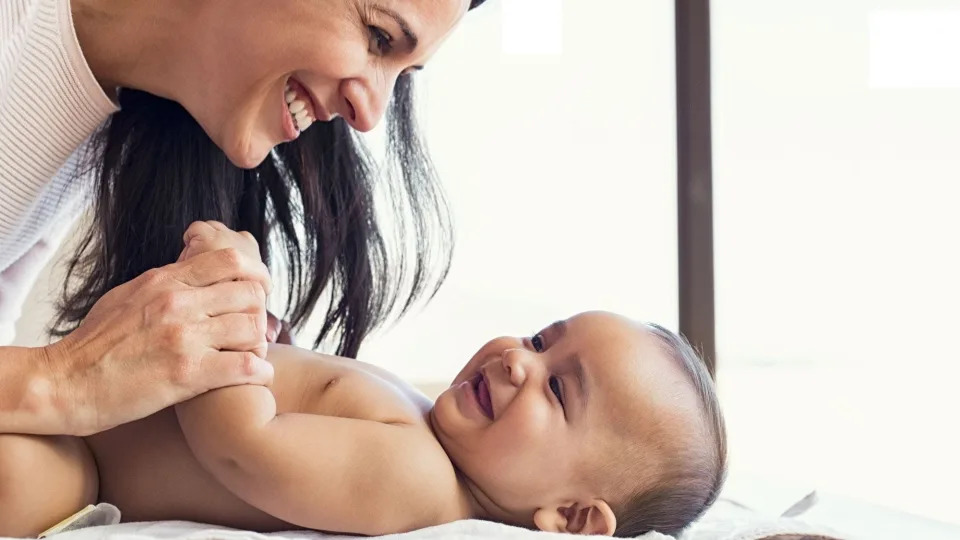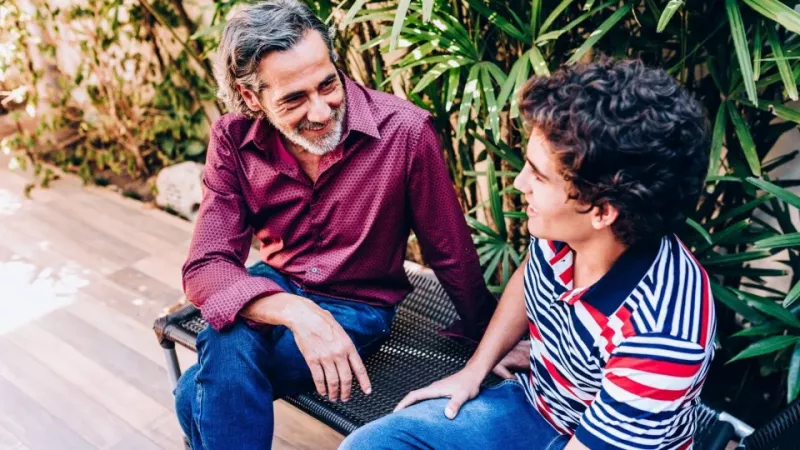Since the mid 1970s, parents have been secure in knowing they and their children would always have easy access to contraception, safe and legal abortions, and the morning-after pill. However, now, in a tumultuous landscape where human reproductive rights are being decided in a courtroom, today’s children are facing an uncertain future when it comes to sex and sexual awareness.
While you may have been holding off on "the talk" with your kids, it's more important than ever to start that conversation, and start it early.
Get deals and shopping advice delivered straight to your phone. Sign up for text message alerts from the experts at Reviewed.
“Our focus should not be on having one discussion once kids have reached puberty. It’s about making sex and sexuality something that kids should always be learning about,” says Deborah Roffman, human sexuality educator, author, and consultant based at The Park School of Baltimore.
Roffman and the other experts we spoke with all agree that if you wait to have the talk until puberty starts, you may be too late.
“The point is to have the conversation open from the beginning,” says Roffman. “It’s about creating scaffolding for later conversations. When we put the conversations off, children don’t have any scaffolding in place for when they start to become sexual.”
There’s no argument that talking to your kid about sex can be daunting. So we asked the experts how and when to start, what to talk about at each age, and how to keep the conversation going. Here is an age-by-age guide, filled with expert-driven advice, on how to remove the taboo and eliminate sexual secrecy to encourage open communication with your child. We’ve also picked a few books and resources ourselves, to help get the conversations going.
Birth to age 3

You lay the foundation for consent at a very young age.
According to all of the experts we spoke to, discussions about sexuality should start much younger than you think. As a matter of fact, you can start giving children the scaffolding Roffman talks about in infanthood.
“Whenever you are interacting with their body you can be modeling consent, and that can start when you’re changing their diapers,” says Justine Ang Fonte, an intersectional sexuality educator based in New York City. “Tell them what you are doing with their body; for example you can say ‘I’m going to clean your vulva or your penis or your anus.’”
Fonte says that when you explain the body parts to them from a young age, they become better acquainted with their bodies and grow up having stronger ownership over them.
Teach consent young
This is also a good time to talk to kids about when it’s appropriate to touch and be touched—both by themselves and others—and to continually talk about it so it’s ingrained in their thinking from an early age.
Fonte explains that when you give them the language and rationale of why you are touching their bodies, you set up expectations of what is appropriate and what is not from the get go. This helps develop ingrained expectations that they are in control of their own bodies and it sets them up for a well-developed foundational understanding of consent, to both protect themselves and others.
Eva S. Goldfarb, professor of public health with a specialty in sexual education at Montclair State University in New Jersey, agrees.
“Knowing the names of body parts is so important. Young children who can name their body parts appropriately are much less likely to be sexually abused," Goldfarb says. "Giving them precise language early on takes the mystery out of understanding their bodies, which gives them ownership of their bodies from a very early age.”
This may also be a good time to get kids acquainted with the idea of pregnancy. Our experts recommend using this time to point out pregnancies in people you may see out and about, and show them photos of the time they were growing in someone’s belly.




